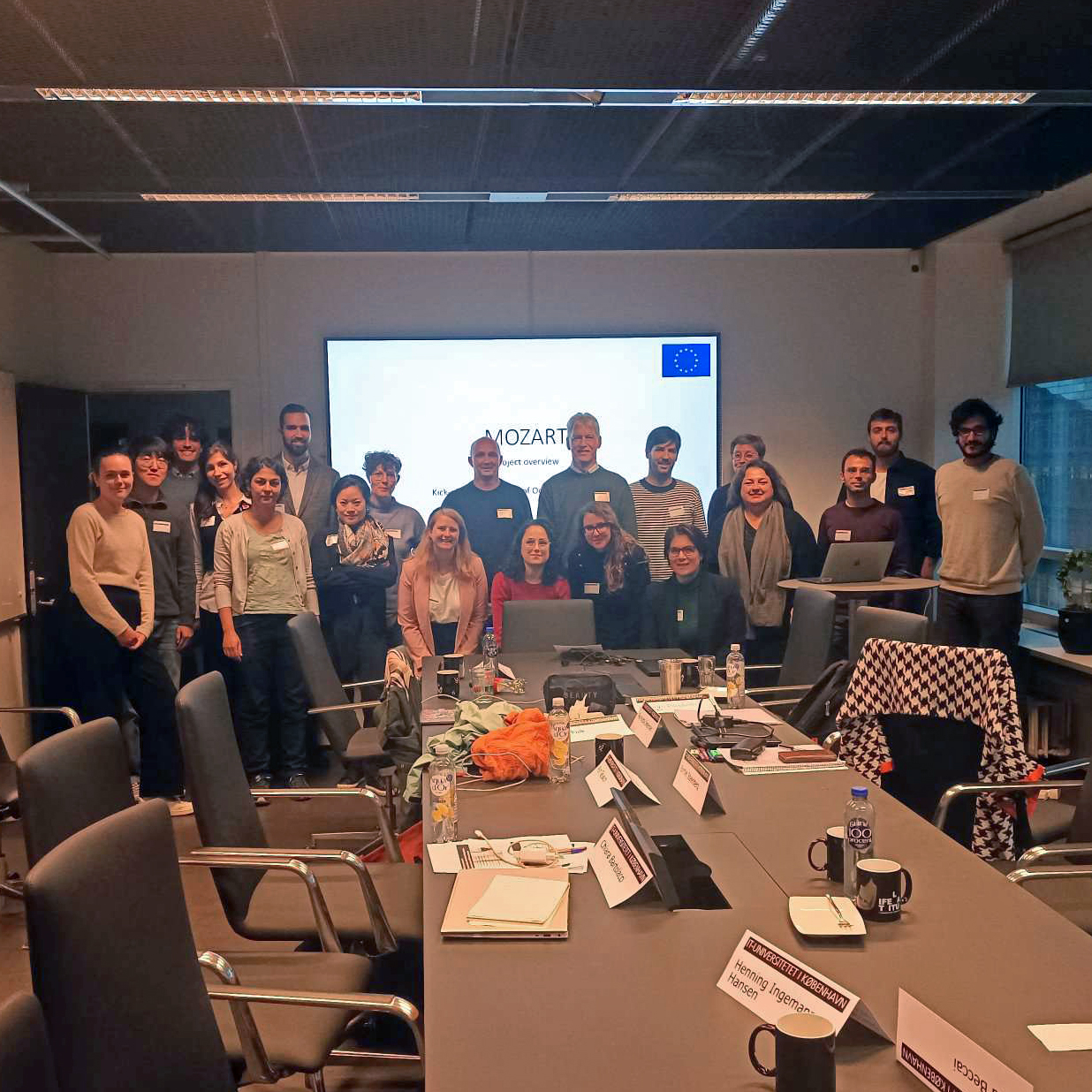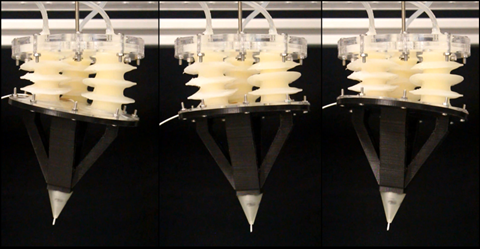The MOZART EU project disrupts food handling with softness
The EU MOZART project investigates the latest robotic technologies and system solutions to drive the food industry towards economic, social, and environmental sustainability.
The automation of food packaging has continuously evolved in the last few decades. The whole process is fully automated for most fruit and vegetable products, from growing and harvesting to sale-ready packaging.
However, the handling of fragile and fresh food items like fish and chicken still heavily depends on demanding manual processes. In these cases, workers are still employed for the final step of packaging, since current automation technology cannot manipulate soft, heterogeneous objects. Manual labour in these processes puts workers’ occupational health at stake, increases the risk of work injuries and raises issues with product quality control, food waste, and hygiene.
Against this backdrop, the European MOZART project addresses these challenges by developing general-purpose, AI-powered robot technology for the handling of soft objects with specific demonstrators in the food processing industry. MOZART’s all-new approach is based on reconfigurable surfaces embedded with soft sensors and controlled by AI-powered learning tools, the Autonomous Manipulation using Morphing Modular Mats (AUTOMATs).
Moreover, MOZART has the potential to improve food safety and the daily work of food operators dealing with the technology. Indeed, the project focuses on the implementation of a new generation of soft robotics that can work side-by-side with the human workforce. To ensure the new tech is people-friendly, MOZART adopts an interdisciplinary approach that brings together technological innovation and social sciences and humanities (SSH) research, integrating the perspectives of SSH researchers, robotic engineers, food operators and the whole food industry into the project.
By developing new technology, MOZART also pursues important sustainability goals. It aims to mitigate the problems posed by a lack of production workers in the food industry, and envisions transforming unskilled jobs into knowledge-based, high-paying jobs. Indeed, MOZART has the potential to create 5,000 new knowledge-based jobs from 2029 and transfer resources from manual handling to other crucial steps of the production chain, including animal welfare, food safety, and food quality while reducing the production cost/selling price.
The MOZART project kicked off in October and involves partners with heterogeneous expertise in the fields of mechatronic engineering and robotics, artificial intelligence and electronics, food process engineering, food industry, standardization, social science and humanities, and societal outreach and communication.
Kasper Støy from IT University of Copenhagen – Project coordinator states: “MOZART is an ambitious project. I’m proud of the wide-ranging and expert consortium we have built. The technological aspects of this proposal are innovative and exciting but cannot stand alone. We will make sure that MOZART results are useful to and welcomed by industry operators, stakeholders, and the whole society”.
MOZART project has received funding from the European Union’s Horizon Europe Research and Innovation Programme under Grant Agreement No 101069536.





